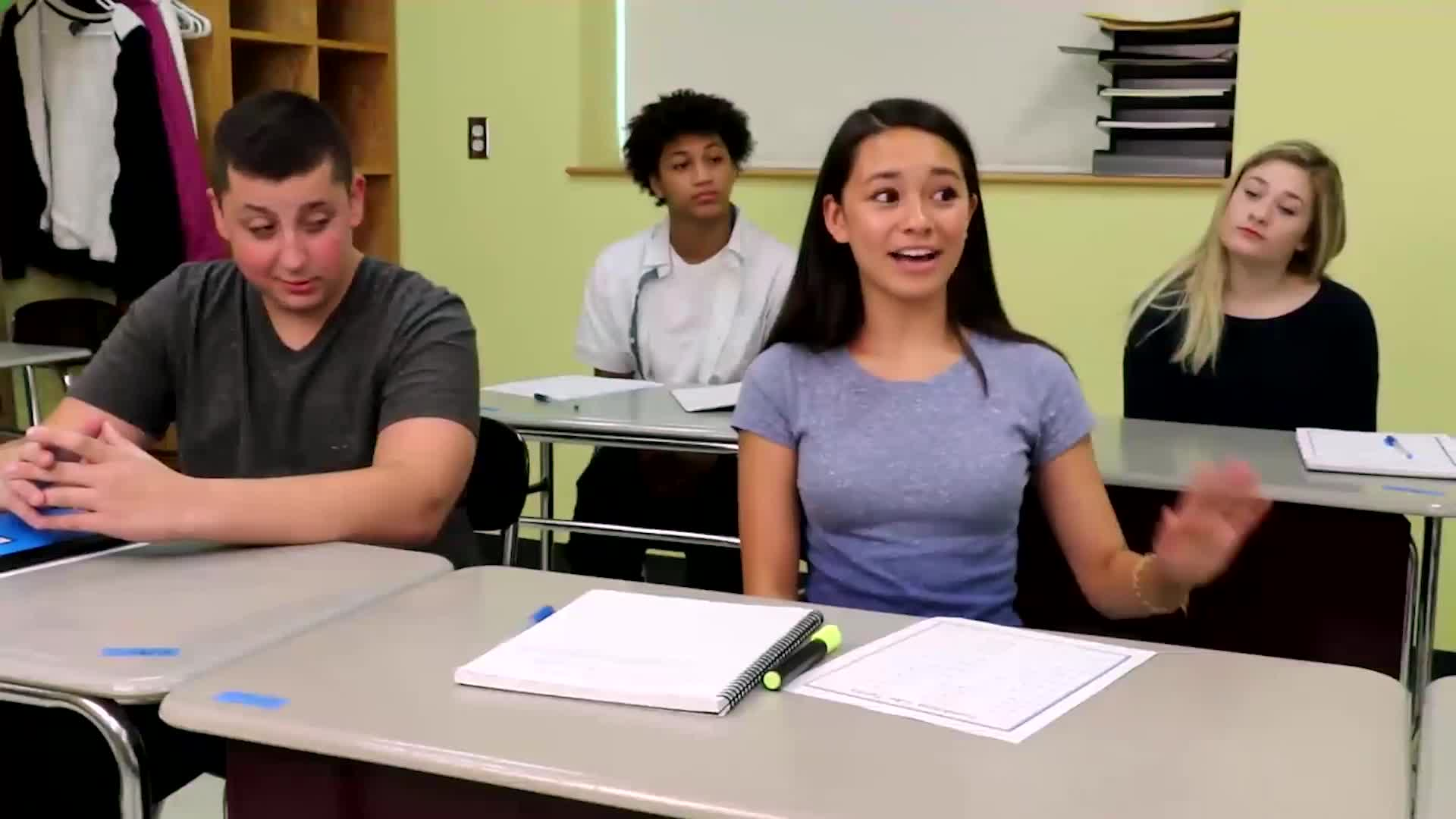
Introduction
As educators, we often encounter situations where students disagree with one another or with us. It’s essential to teach them how to express their opinions respectfully, without making others feel insulted. In this blog post, we will explore the importance of respectful disagreement and provide practical tools for educators to help their students develop this valuable skill.
No-Prep Activity
One effective activity to teach respectful disagreement requires no preparation or materials. Simply present a statement or opinion to the class, and ask the students to take turns disagreeing with it respectfully. Encourage them to consider their tone of voice, choice of words, and body language. You can also ask them to practice indirect disagreement, where they discuss the subject without directly opposing the statement.
For example, present the statement: “Pizza is the best food in the world.” Then, have the students take turns disagreeing respectfully, such as:
- “I can understand why some people love pizza, but I personally prefer sushi.”
- “Pizza is a popular choice, but there are so many other delicious foods to try.”
Discussion Questions
- Why is it important to show respect when disagreeing with someone?
- How can our tone of voice and choice of words affect the way our disagreement is perceived?
- Can you think of a time when you disagreed with someone but did so respectfully? How did it affect your relationship with that person?
- Why might indirect disagreement be more respectful in some situations?
- How can we practice respectful disagreement in our daily lives?
Related Skills
Teaching students to disagree respectfully is just one aspect of social-emotional learning. Other related skills that are important for students to develop include:
- Active listening: Encouraging students to listen carefully to others and respond thoughtfully to their ideas.
- Empathy: Helping students to understand and share the feelings of others, even when they disagree.
- Conflict resolution: Equipping students with strategies to resolve disagreements in a constructive and respectful manner.
- Assertiveness: Teaching students to express their opinions confidently and respectfully, without being aggressive or passive.
Next Steps
Now that you have a better understanding of the importance of teaching respectful disagreement and some tools to help your students develop this skill, it’s time to put these ideas into practice in your classroom. To access free sample materials related to respectful disagreement and other valuable social-emotional learning skills, visit Everyday Speech’s sample materials page.

